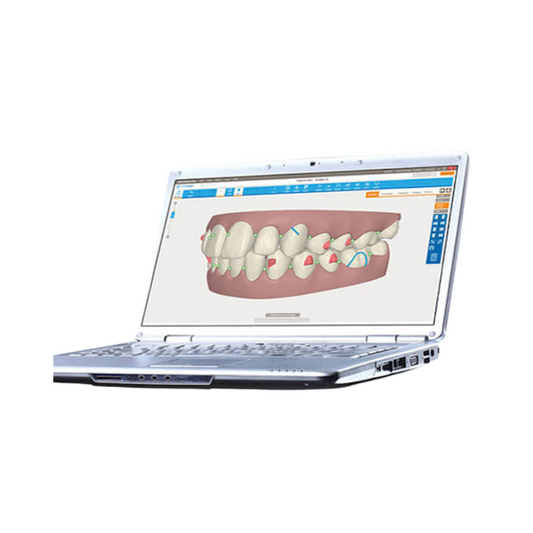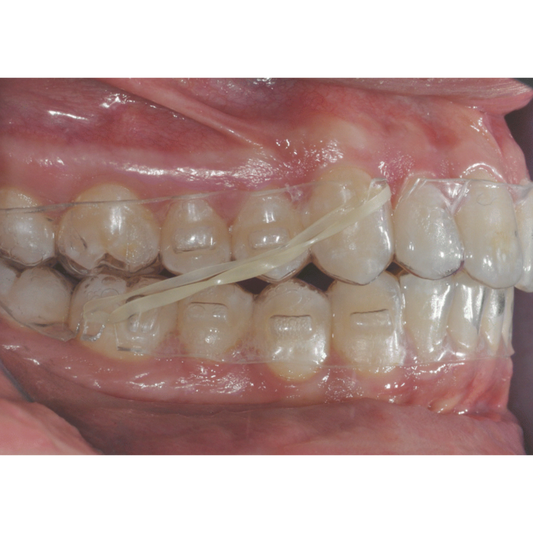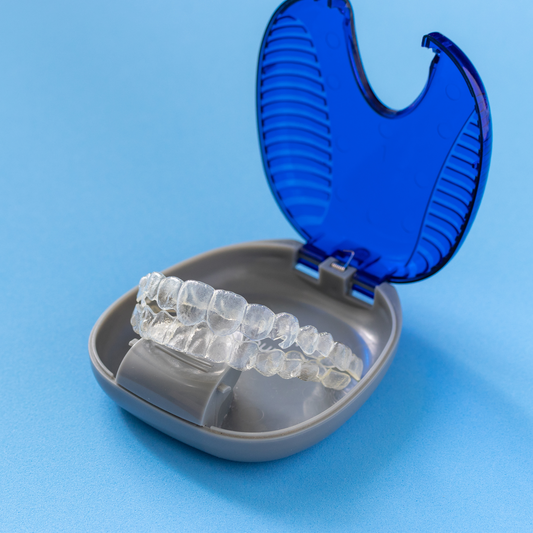
🥷 Slaying Clinical Inefficiencies with Clear Aligners: A Ninja-Level Guide
🥷 Slaying Clinical Inefficiencies with Clear Aligners
How to identify and eliminate hidden bottlenecks in your aligner workflows
Clear aligner therapy has revolutionized orthodontics. But while it offers unmatched flexibility and esthetics, it’s also a system vulnerable to clinical inefficiencies — and those inefficiencies can silently sabotage your practice’s productivity, profitability, and patient satisfaction.
At Aligner Ninjas, we work with practices of all sizes to uncover and eliminate those inefficiencies with stealth, precision, and strategy. In this post, we’re diving into the most common pitfalls we see in clear aligner workflows — and how to fix them.
🕳️ 1. Lack of a Standardized Submission Protocol
Inefficiency Symptoms:
• Doctors rewriting instructions for every case
• Team members unsure of what to submit or how
• Cases returned with setups that don’t reflect your intentions
Ninja Fix:
Create a submission template that reflects your clinical philosophy and preferred movements. Train your team to pre-fill this for every case and require only a final doctor review. The result? Faster submissions and more consistent ClinCheck proposals.
🔄 2. Over-reliance on Refinements
Inefficiency Symptoms:
• Cases consistently need 2–3 refinements
• Poor tracking by mid-treatment
• Unpredictable total treatment times
Ninja Fix:
Plan smarter from the start. Focus on intelligent staging, early expression of complex movements, and efficient use of attachments. Monitor tracking early and often to reduce reliance on refinements.
🧩 3. Misuse or Overuse of Attachments
Inefficiency Symptoms:
• Attachments on nearly every tooth
• Excess bond failures
• Patient complaints about comfort or visibility
Ninja Fix:
Audit your attachment approach. Use only what’s necessary to accomplish your movements. Less is often more — and faster.
💬 4. Ineffective Communication with Technicians
Inefficiency Symptoms:
• Multiple back-and-forth messages
• Delays in case approval
• Frustration with ClinChecks that miss the mark
Ninja Fix:
Use highly specific language. Instead of “expand arch,” say “Expand upper premolars by 2 mm buccally to match molar width.” Add screenshots if needed. Clear instructions = cleaner ClinChecks.
🗂️ 5. Poor Tracking & Follow-Up Systems
Inefficiency Symptoms:
• Late discovery of tracking issues
• Missed appointments
• Unclear staff communication
Ninja Fix:
Implement a clear aligner tracking system. Include progress photos, mid-treatment check-ins, and PMS alerts for refinement timing. Track early, track often.
🧠 6. Doctor Bottlenecking
Inefficiency Symptoms:
• ClinChecks wait days for review
• Team doesn’t feel empowered
• Doctors buried in admin work
Ninja Fix:
Train a team member to serve as your Aligner Coordinator. They handle case prep and technician communication. You step in only for final approval or complex decisions.
🔄 7. Inefficient Case Selection
Inefficiency Symptoms:
• Complex cases drag on with minimal progress
• High retreatment rates
• Patient dissatisfaction
Ninja Fix:
Know your limits. Triage cases carefully. For challenging movements like extrusion or distalization, plan for hybrid strategies — or refer.
🧘♂️ Final Thoughts:
Efficiency in aligner therapy isn’t just about moving teeth faster — it’s about eliminating wasted time, rework, and frustration. With the right systems, the right tools, and the right training, your practice can deliver better outcomes in less time.
At Aligner Ninjas, we help practices like yours fine-tune every part of the aligner workflow — from submission to retention — with the quiet confidence of a true ninja.
🥷 Ready to optimize your aligner systems?
📩 Book an Efficiency Audit Today
Let’s eliminate bottlenecks and build a workflow that works for you.
Purchase an Audit »




